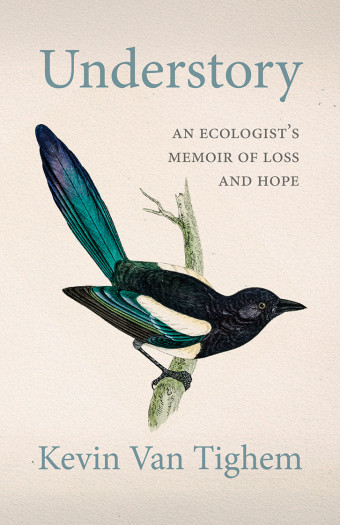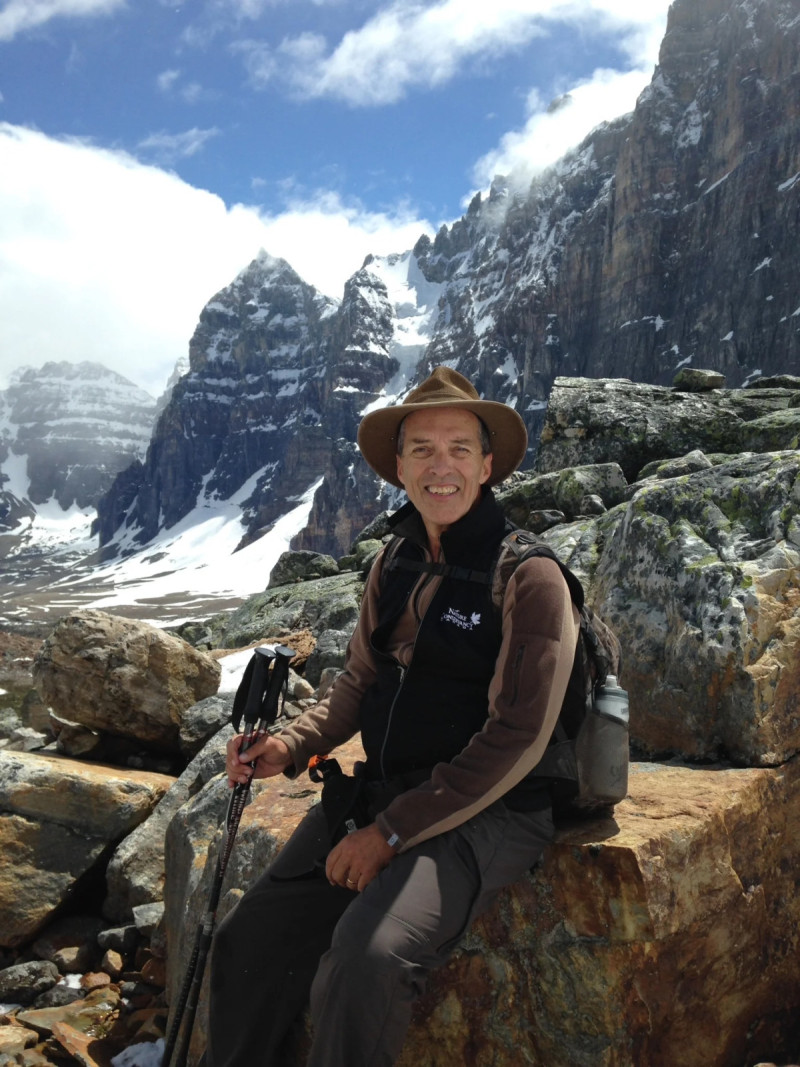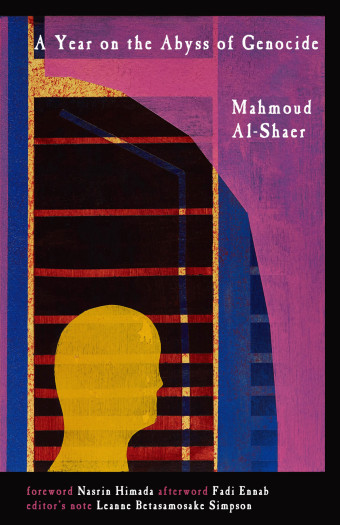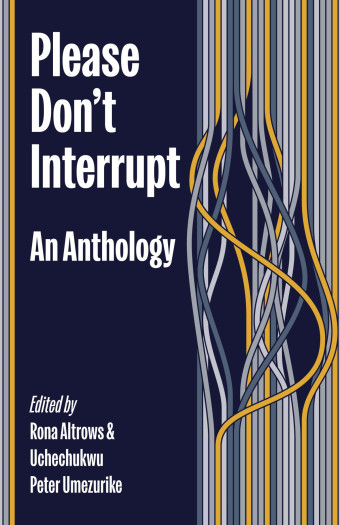“There is light in the understory, but darkness too,” writes Alberta-based conservationist, ecologist, and author Kevin Van Tighem. After retiring from a career in western Canada’s national parks, he found himself reflecting on the meaning of “a long life journey immersed in the nature of my home place.”

- Understory
- Kevin Van Tighem
- RMB | Rocky Mountain Books
- $28.00 Paperback, 320 pages
- ISBN: 978-17-71607-45-2
In Understory: An Ecologist’s Memoir of Loss and Hope, Van Tighem offers up a narrative that is both a memoir and an exploration of the stories that form our world view – and particularly our understanding of nature.
“We live inside stories,” Van Tighem says. “If we want to live better, then we need better stories.”
Part of telling ourselves better stories about the world around us – and recovering those stories disenfranchised by forces like colonialism – requires challenging our sense of normality.
“I think the whole concept of normal becomes suspect when one’s relationships are unhealthy,” says Van Tighem. He is eager to challenge such norms as the concept of “natural resources,” the killing of predatory animals, and the way our culture relates to nature itself.
Throughout Understory, the author examines both human relationships and our relationships with nature, while challenging the paradigm through which one claims dominion over the other.
“We have no choice but to live and fight within the system as it exists, but at the same time we also have to do the deeper, more spiritual work of changing the way in which we relate to the world,” he says.
That deeper, spiritual work involves engaging with nature, regardless of where or how we live. “Nature is everywhere; you just have to be paying attention. We need to find those relations and make their ways of being part of our understanding of the world.”
Having held various roles in both front-line ecological conservation and high-level management, Van Tighem has experience navigating conflicting points of view.

“You don’t win conservation battles by defeating anyone; you win them by engaging with people, inspiring them, pulling them into new relationships with their world and with each other,” he says.
And even within today’s often oppositional culture, he believes that it’s still possible to change minds – though he suggests that the more salient concern is changing stories.
“We need better stories and new conversations,” he says. “I see a non-fiction writer’s role as contributing new stories that reinterpret experience, and putting them out there where they can influence the conversations that will shape our culture tomorrow.”
Luckily, there are teachers and guides to help us re-examine and reconstruct stories worthy of our new paradigm. “Nature itself, certainly,” is one of them, he says, “but also those Indigenous Peoples who have managed to hold onto their very different world view in spite of all that was done to render it extinct.”
In the face of climate catastrophe, Van Tighem offers a corrective that demands personal responsibility, paradigm changes, and that most elusive quality – hope.
“Nobody is trivial, and nobody is who they will be tomorrow,” he says. “The world changes because people change.”
In Understory, Van Tighem shares a lifetime’s worth of wisdom about how to make a new understanding of nature a reality.
“Hope is something we build with the stories we make,” he says. “Don’t look for hope; make it.”













